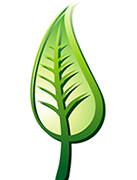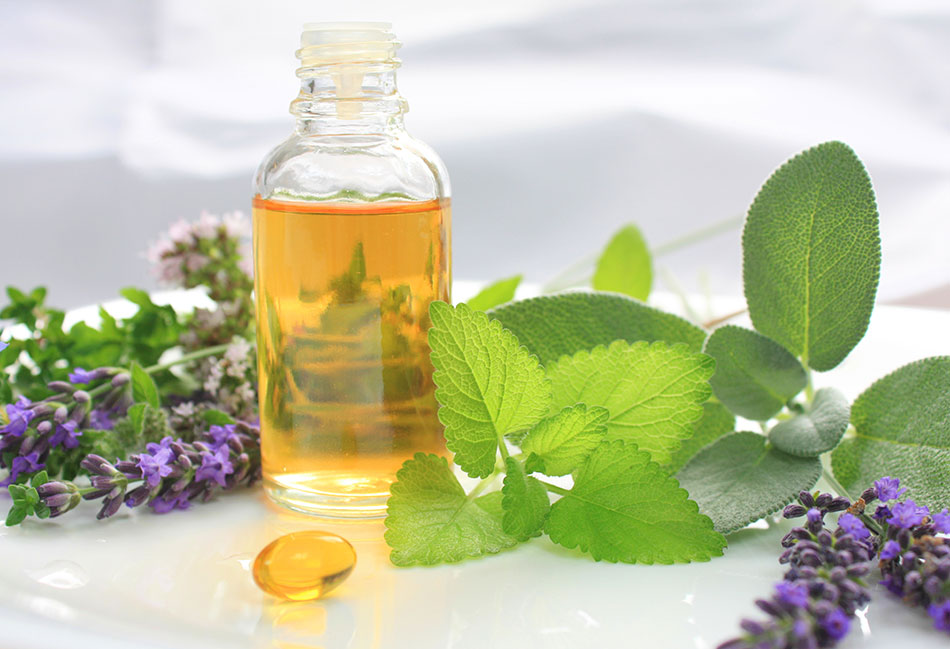Several herbal remedies have been studied as a treatment for anxiety, but more research is needed to understand the risks and benefits. Here’s what we know — and don’t know:
- Kava. Kava appeared to be a promising treatment for anxiety, but reports of serious liver damage — even with short-term use — caused several European countries to pull it off the market. The Food and Drug Administration has issued warnings but not banned sales in the United States. Avoid using kava until more rigorous safety studies are done, especially if you have liver problems or take medications that affect your liver.
- Passionflower. A few small clinical trials suggest that passionflower might help with anxiety. In many commercial products, passionflower is combined with other herbs, making it difficult to distinguish the unique qualities of each herb. Passionflower is generally considered safe when taken as directed, but some studies found it can cause drowsiness, dizziness and confusion.
- Valerian. In some studies, people who used valerian reported less anxiety and stress. In other studies, people reported no benefit. Valerian is generally considered safe at recommended doses, but since long-term safety trials are lacking, don’t take it for more than a few weeks at a time. It can cause some side effects such as headaches and drowsiness.
- Chamomile. Limited data shows that short-term use of chamomile is generally considered safe and can be effective in reducing symptoms of anxiety. Use of chamomile can cause allergic reactions in some people who are sensitive to the family of plants that includes chamomile. Other members of this family are ragweed, marigolds, daisies and chrysanthemums.
- Lavender. Some evidence suggests that oral lavender or aromatherapy with lavender can reduce anxiety; however, evidence is preliminary and limited. Oral lavender can cause constipation and headache. It also can increase appetite and the sedative effect of other medications and supplements and can cause low blood pressure.
- Lemon balm. Preliminary research shows lemon balm can reduce some symptoms of anxiety, such as nervousness and excitability. Lemon balm is generally well-tolerated and considered safe for short-term use, but can cause nausea and abdominal pain.
If your anxiety is interfering with daily activities, talk with your doctor. More serious forms of anxiety generally need medical treatment or psychological counseling (psychotherapy) for symptoms to improve.
References
Kinrys G, Coleman E, Rothstein E. Natural remedies for anxiety disorders: potential use and clinical applications. Depress Anxiety. 2009;26:259–265. doi: 10.1002/da.20460.
Saeed SA, Bloch RM, Antonacci DJ. Herbal and dietary supplements for treatment of anxiety disorders. Am Fam Physician. 2007;76:549–556.
Meeks TW, Wetherell JL, Irwin MR, Redwine LS, Jeste DV. Complementary and alternative treatments for late-life depression, anxiety, and sleep disturbance: a review of randomized controlled trials. J Clin Psych. 2007;68:1461–1471. doi: 10.4088/JCP.v68n1001.
Brown RP, Gerbarg PL. Herbs and nutrients in the treatment of depression, anxiety, insomnia, migraine, and obesity. J Psychiatr Pract. 2001;7:75–91.
Weeks BS. Formulations of dietary supplements and herbal extracts for relaxation and anxiolytic action: Relarian. Med Sci Monit. 2009;15:RA256–262.
Geller SE, Studee L. Botanical and dietary supplements for mood and anxiety in menopausal women. Menopause. 2007;14:541–549. doi: 10.1097/01.gme.0000236934.43701.c5. [PubMed] [Cross Ref]
Cauffield JS, Forbes HJ. Dietary supplements used in the treatment of depression, anxiety, and sleep disorders. Lippincotts Prim Care Pract. 1999;3:290–304.

About This Excerpt
The above excerpt is reprinted from Dr. Randi Fredricks’ book Complementary and Alternative Treatments for Anxiety. No part of this article may be reproduced in any form or by any electronic or mechanical means, including information storage and retrieval systems.
Disclaimer: This article is not intended to provide medical advice, diagnosis or treatment. Views expressed here do not necessarily reflect those of Dr. Randi Fredricks as articles often present the published results of the research of other professionals. Copyright © 2020.
